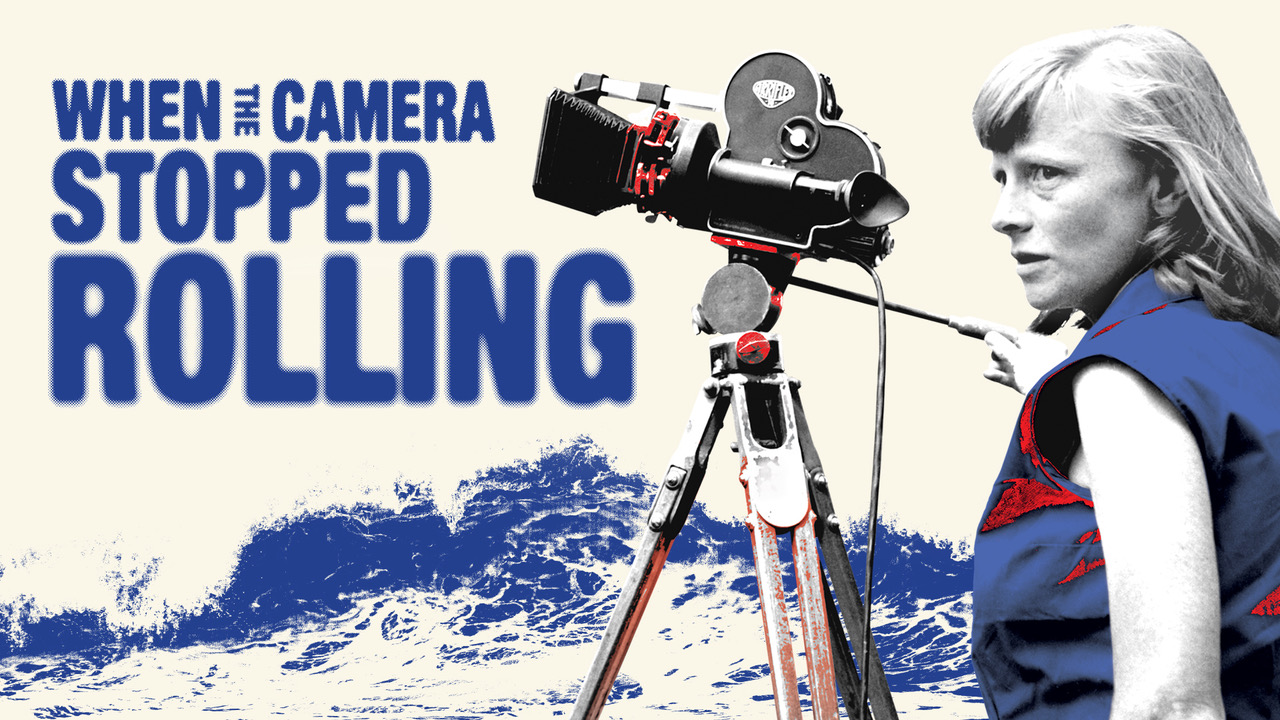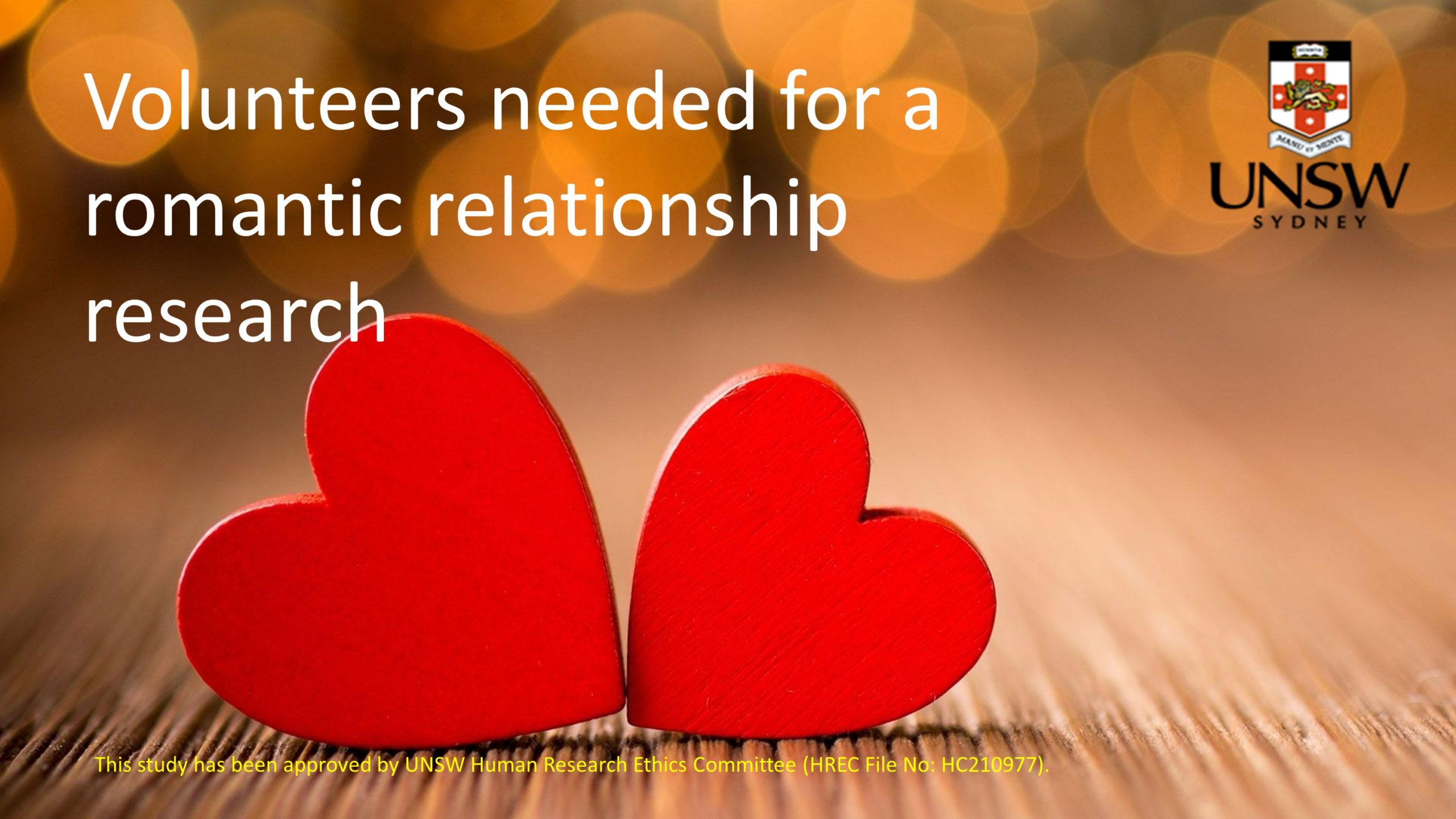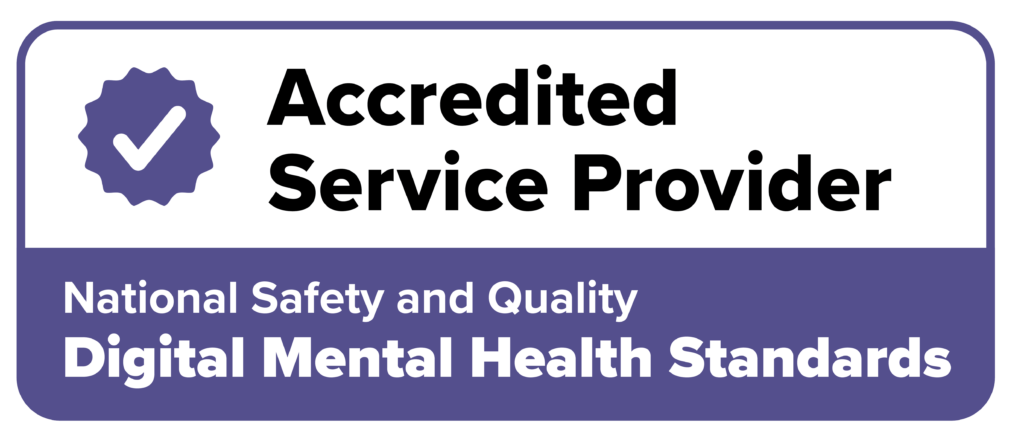Dissociation is a natural response to overwhelming experiences and sensations. Quite simply it is a way to not be consciously present during repeated trauma especially during which there is no opportunity to escape physically. Trauma-related dissociation causes ‘disconnects’ between thoughts, feelings, sensations, and behaviour. These disconnects occur outside of conscious awareness. It can mean that a traumatised person can’t function in a smooth integrated (working together) way, and this cause a range of challenges for them.
When dissociation becomes habitual a person can develop what is called a Dissociative Disorder. Many people who have been diagnosed with a Dissociative Disorder have experienced extreme trauma, usually from childhood. There are many myths about Dissociative Disorders and a lot of stigma still exists around them. Some people still question whether dissociation exists at all, and this questioning is most marked around a condition known as Dissociative Identity Disorder or DID.
DID, previously called Multiple Personality Disorder has been repeatedly portrayed in the media in a sensationalised way. However, the reality is that DID makes perfect sense when you understand it as a mechanism of the mind. It is a remarkable way in which the mind protects itself from being completely overwhelmed.
When a child is safe and does not experience repeated trauma, the child develops a coherent sense of self. When a child is repeatedly traumatised their sense of self does not become coherent (work together) and they may develop different self-parts which are quite separate from and often unaware of one another. These self-parts may appear as separate identities and are sometimes called alters. Self-states can hold different experiences, feelings, memories, backgrounds, and genders and interact with the world and others in different ways. Regardless they are all simply part of the one person. Compartmentalising overwhelming feelings, memories and thoughts into separate self-states means that the person can continue to function.
People experiencing DID may lose time, not remember certain aspects of their lives or have gaps in their memory. They may feel detached or shut down and withdrawn, and some people are also anxious or depressed, or have suicidal thoughts, self-harm or experience issues with body image. There are many Dissociative Disorders which have some or all of these challenges. Living with any Dissociative Disorder and particularly with DID can be confusing for the person as well as those around them, especially if the person ‘switches’ into another self-state and behaves in a way which appears unfamiliar (because another self-state has appeared).
The good news is that people with DID can find ways to live in a more integrated or cohesive way in which the self-states can join or work together. Psychotherapy with an experienced therapist in which a strong therapeutic relationship is developed supported by other approaches (e.g. dissociative-informed EMDR, hypnosis, group therapy) which supports safety and stability in the first instance before attempting to process the traumatic memories can over time reduce the need to dissociate.
Through this process a person can begin to tolerate thoughts, memories and emotions which were too painful for the child, and which caused the person to compartmentalize them. This means that the person can develop a narrative for their lives, and a more coherent sense of self in which their life experiences are more connected to their sense of self. The process can take time and requires patience and consistency but many people with Dissociative Disorders including DID lead full meaningful connected lives.
If you need counselling you can call the Blue Knot Helpline and Redress Support Service on 1300 657 380. This service operates from 9am-5pm AEST Monday-Sunday and public holidays. You can also email [email protected].










